Introduction
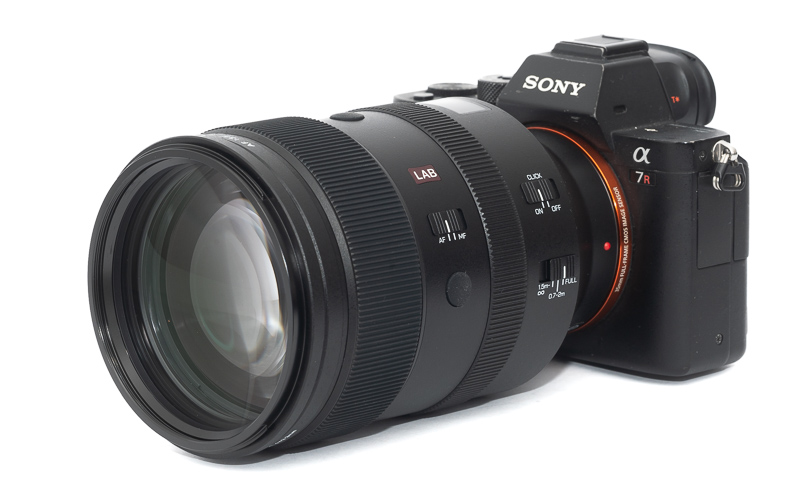
In 2023 Viltrox started dipping its toes into the higher end lens market with the releases of their Viltrox AF 16mm 1.8 FE for fullframe as well as the Viltrox AF 75mm 1.2 Pro for APS-C cameras. Both lenses with great performance at a fair price point. Now at the end of 2024 we are getting this Viltrox AF 135mm 1.8 FE LAB, their most expensive lens so far. Let’s find out how it compares to the strong competition in this review!
Update January 2025: comparison to Samyang 135mm 1.8 AF added
Sample Images






You can find many of the sample images in full resolution here.
Contents
Specifications
This Viltrox AF 135mm 1.8 FE LAB has the following specifications:
-
- Diameter: 93 mm
- Field of view: 19.04° (diagonally)
- Length: 146 mm
- Weight: 1234g (without hood[76g], without caps)
- Filter Diameter: 82 mm
- Number of Aperture Blades: 11 (rounded)
- Elements/Groups: 14/9


- Close Focusing Distance: 0.72 m
- Maximum Magnification: 1:4.0 (measured)
- Mount: Sony E
buy from manufacturer’s shop | Pergear | Amazon.com | Amazon.de | ebay.com | ebay.de | B&H (affiliate links) for $899
Disclosure
The Viltrox 135mm 1.8 AF LAB FE was kindly provided free of charge by Viltrox for reviewing purpose for a few weeks prior to release.
Handling/Build quality
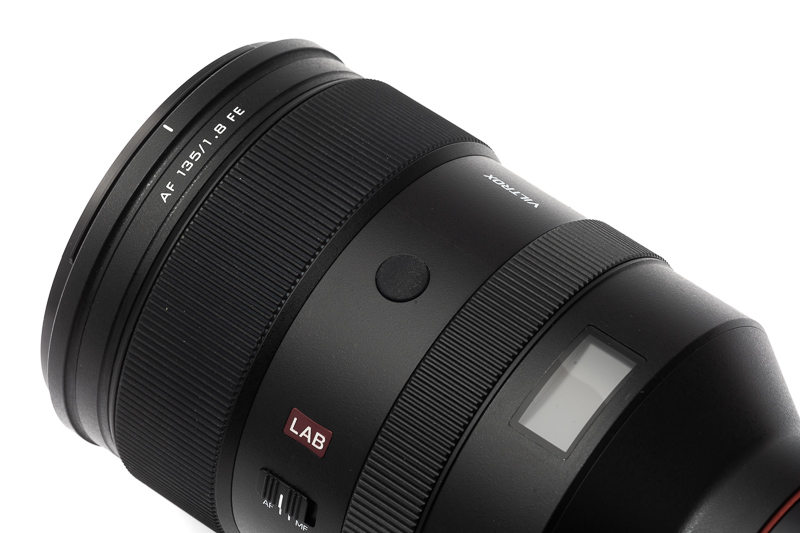
The Viltrox 135mm 1.8 LAB features a similar build quality as the Viltrox 16mm 1.8, but in my opinion there have been some unfortunate changes.
While the Viltrox 16mm 1.8 featured an aperture ring very similar to the Sony G/GM lenses, this one has no markings, it relies on the OLED display to show the current f/Stop.
Sadly that implementation leaves some to be desired. First it isn’t possible anymore to directly set the desired value, second the f/Stop displayed in the center is not always the chosen one, the marker also moves, which makes no sense to me at all. As you can see from these pictures it is also somewhat hard to hit the actual stops, so I ended up using the camera to change the aperture setting – something I never felt the need to do with the Viltrox FE 16mm 1.8 AF.

There is also a smartphone app available that let’s you update the firmware (you need to hook the lens up to a USB-C charger or a strong powerbank) and also make some other adjustments, including setting a custom text or even one of your own pictures as welcome screen.
The aperture ring can be declicked and we have an AF/MF switch, a focus limiter with three different settings as well as two lens buttons.
The outer casing seems to be made from a high quality polycarbonate and all markings on the lens barrel are engraved and filled with paint.
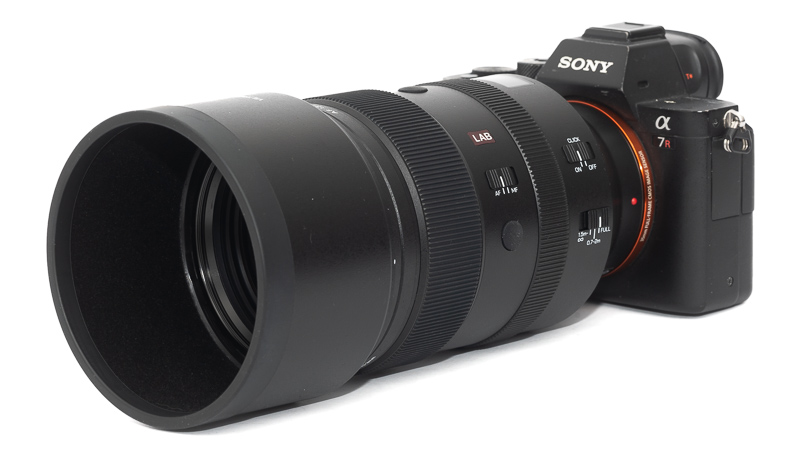
A bayonet style lens hood is also included. It features a rubber bumper at the front and felt on the inside. It snaps very tightly in place and can be mounted reversed for transport.
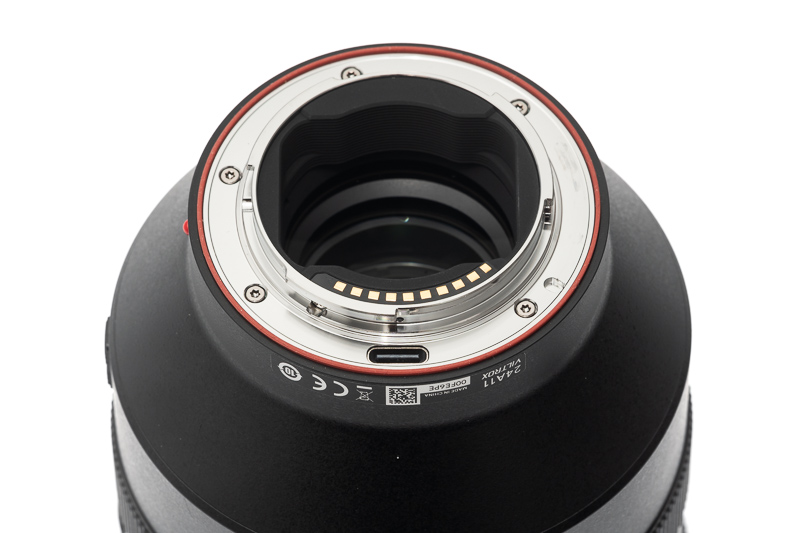
As is typical for Viltrox’ AF lenses you can find a USB-C socket at the bayonet. There is also a rubber gasket located here.
Considering the weight of this lens a removable tripod collar would have been a useful addition.

The Viltrox 135mm 1.8 LAB is neither a small nor a lightweight lens. It is of similar size and weight as the bulky Sigma 105mm 1.4 Art and noticeably bigger than e.g. the Sony FE 85mm 1.4 GM. It should be noted here, than the Sony FE 135mm 1.8 GM is about 300g lighter whereas the Samyang 135mm 1.8 AF is more than 500g lighter.

I tried this lens with the Megadap ETZ21 adapter on a Nikon Z camera and neither AF nor Exif worked. I could not even attach the Neewer ETZ adapter to this lens.
AF performance
I am not shooting sports or fast moving animals/humans so if you want to know if the lens is fast enough for this, or how it compares to other lenses in this segment, you may have to look for a different review with a more detailed assessment of this aspect.
Generally the AF worked well, but it neither felt as fast nor as reliable as that of the latest first party lenses. There has since been a firmware update that might have further improved the AF performance.
Vignetting
light falloff
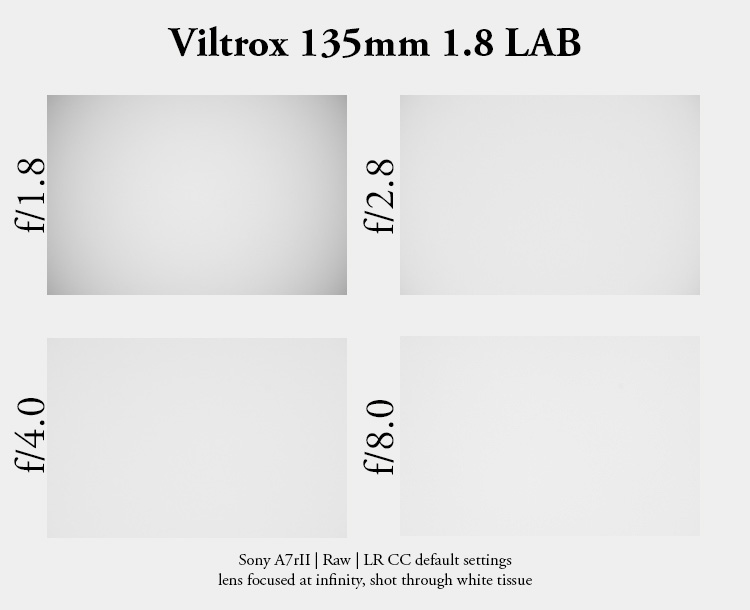
| f/1.8 | 1.6 EV |
| f/2.8 | 0.7 EV |
| f/4.0 | 0.3 EV |
| f/5.6 | 0.2 EV |
| f/8.0 | 0.2 EV |
| f/11- f/16 | 0.1 EV |
The vignetting figures are very typical for a fast 135mm lens. At shared apertures they are pretty much the same as those of the Sony FE 135mm 1.8 GM or the Canon EF 135mm 2.0L USM.
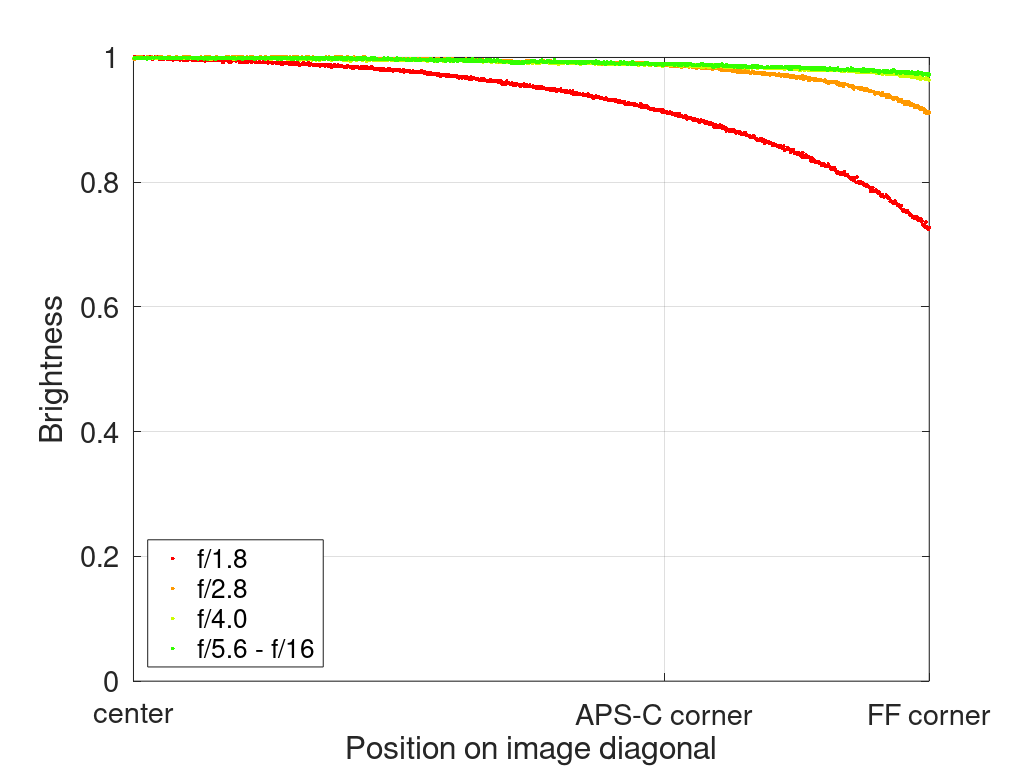
It is recommended to have a look at this article first to get an idea how this brightness graph works.
optical vignetting
Fast lenses usually show a noticeable amount of optical vignetting. Without going too much into technical details optical vignetting leads to the truncation of light circles towards the borders of the frame.
In the center of the frame almost every lens will render a perfect circle, but only lenses with very low optical vignetting will keep this shape in the corners.
So in the following comparison we move from the center (left) to the extreme corner (right) and see how the shape of the light circle changes.
In this category, the Viltrox 135mm 1.8 LAB compares favourably to most of the competition. The optical vignetting is on the same level as that of the Sigma 105mm 1.4 Art and the Sony FE 85mm 1.4 GM – some of the best lenses I came across in this category so far – and noticeably better than what I have seen from the Sony FE 135mm 1.8 GM and also the Canon EF 135mm 2.0L USM. This also makes it a very good choice for Brenizer/Bokehpanoramas.
The only 135mm 1.8 lens that probably shows even less optical vignetting is the Nikon Z 135mm 1.8 S Plena, which has been specifically designed to yield very low optical vignetting.
Unlike many of the competitors this lens does not make use of aspherical elements, so there are no onion ring structures to be found here.
Sharpness
MTF-Graphs
According to these graphs, at infinity we should expect very good performance at f/1.8 with only a small drop in resolution in the corners and absolutely impeccable performance stopped down.

Most MTF-Graphs show calculated values that do not take into account manufacturing tolerances and sample variation. Furthermore they are usually calculated for infinity, so in the field and shooting at different distances a noticeable variation may be visible.
Focus Shift
I do not see any field relevant focus shift here.
infinity (42mp Sony A7rII)
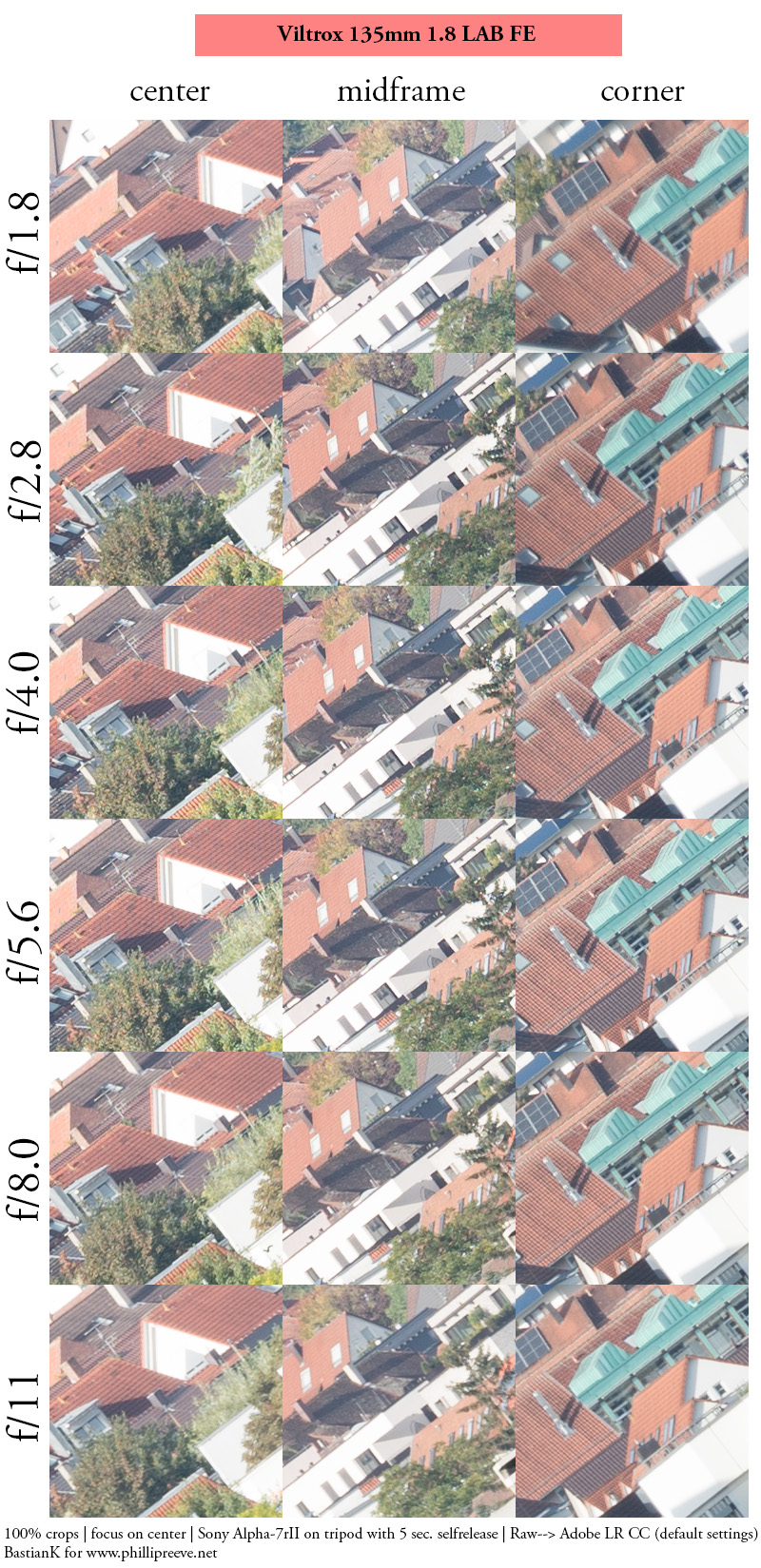
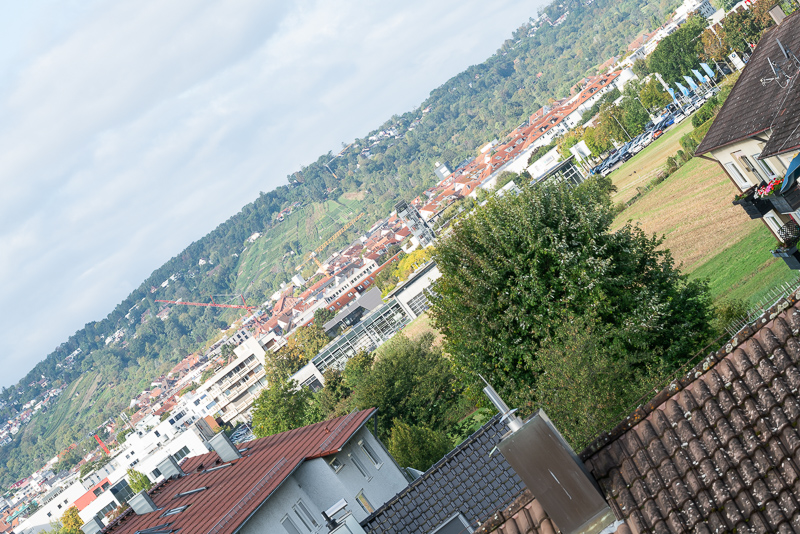
A very good performance that does seem to comply with the MTF graphs. The corners do benefit from stopping down a stop, center and midframe already look great from f/1.8.
Putting things into perspective, most fast 135mm lenses do really well in this category, the Sony FE 135mm 1.8 GM as well as the Canon EF 135mm 2.0L USM actually show more impressive corners at their maximum aperture.
portrait distance (3.0 m, 42mp Sony A7rII)
For portraiture it isn’t so important how flat the field is, it is more interesting to see what the sharpness is like when focused at different parts of the frame to take field curvature out of the equation.
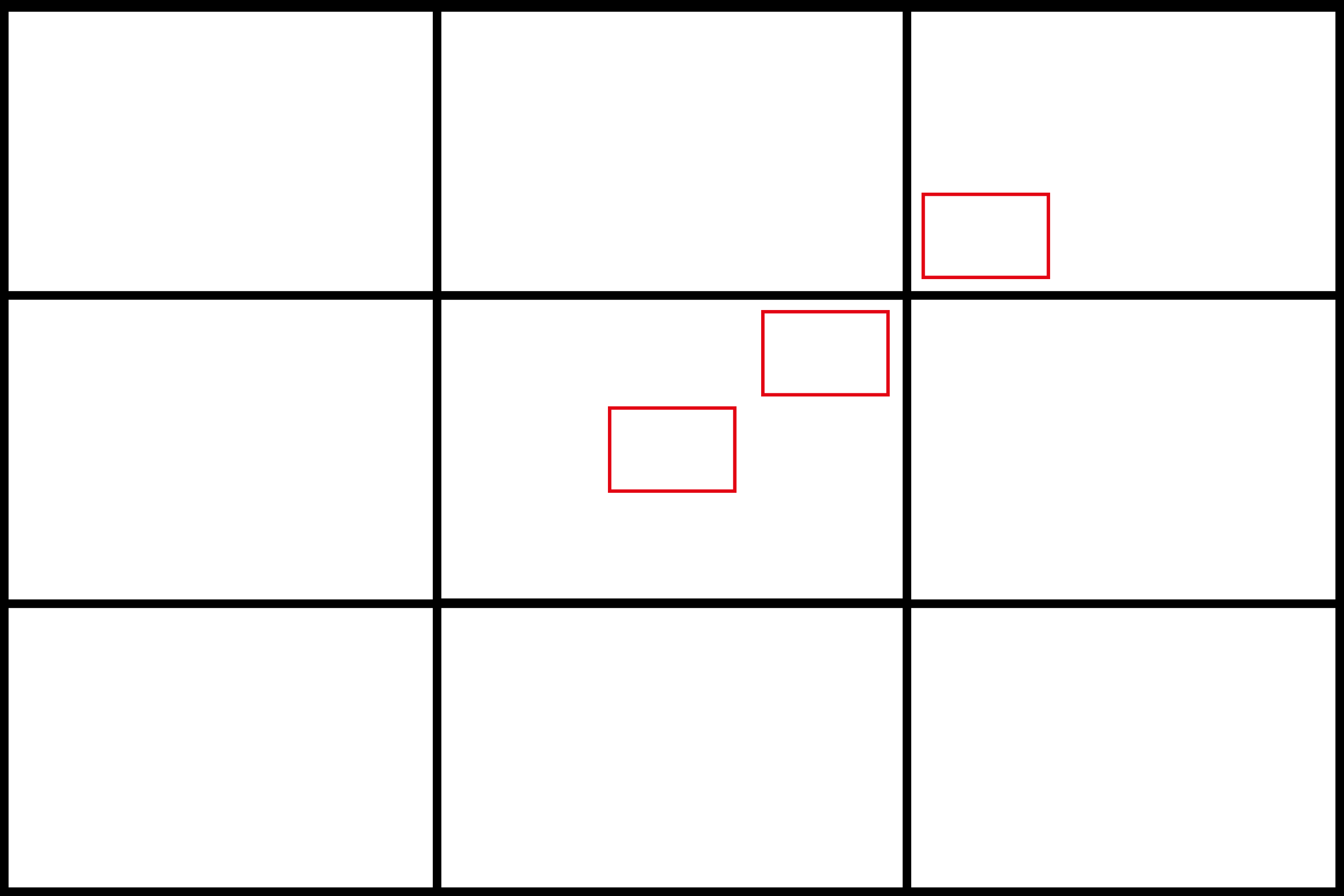
This is what I did here, I refocused for every shot and aperture to get the best possible result at different locations in the frame (center, inner midframe and outer midframe).
Focus distance was roughly 3.0 m and the circle of the dollar bill is more or less the size of a human eye.
f/1.8 <————> f/2.8
Also here we see a good performance that hardly leaves something to be desired for portrait applications, that being said lenses like e.g. the Sigma 105mm 1.4 Art (same entrance pupil, similar size/weight, harder to design) have shown an even more impressive performance here.
close (0.8 m, 1:4.0, 42mp Sony A7rII)
A maximum magnification of 1:4 is surely nice to have, as it allows for near macro shots. Performance is also good at these close distances with only a slight softness at the maximum aperture.
Also here it has to be mentioned that most of today’s fast 135mm lenses offer similarly high magnifications.
Flare resistance
As always evaluating flare is a complex matter since you can get any lens to look bad if you push it hard enough and a slight change of scenario can affect results a lot.
Fast tele lenses haven’t been exactly great performers in this category and none of those I have used so far I would attest an actually good performance in this category, but what about this Viltrox lens?
Ghosting isn’t really a problem with these lenses. I had to stop down to f/11 to create some small artefacts.

Veiling flare is usually more of an issue with these longer lenses. And also here I encountered some situations with a loss of contrast.
Generally, this is one of the better performances I have seen from a fast tele lens. I am actually not sure I have seen better than this yet.
Coma
As is somewhat typical for the fast 135mm lenses Coma is corrected really well.
Distortion
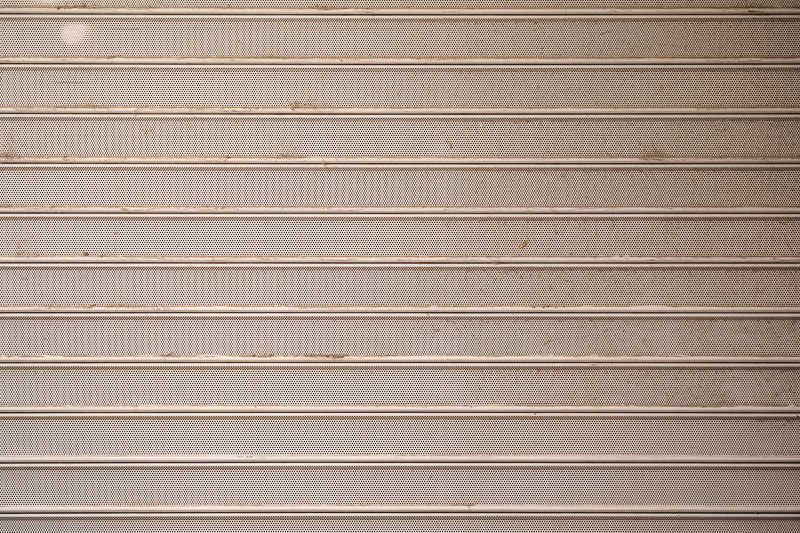
The Viltrox 135mm 1.8 LAB only shows a negligible amount of distortion. I did not correct it in any of the sample pictures.
Bokeh

This is what we are all here for, isn’t it? Let’s have a closer look.
Close distance




Good news: optical vignetting is low, sharpness is good, bokeh is mostly smooth. With the sea gull picture we can see that even at close focus distances structured backgrounds can look a bit distracting though.
Medium distance



At mid distances the situation is very similar. The perceived subject isolation is good because of high sharpness and contrast in the focal plane, but structured out of focus backgrounds do not always look very pleasing.
Long distance




Long focus distances are actually where these longer lenses can shine, as they still allow for a decent amount of subject separation even with the main subject being farther away. I like the results I am getting at night with point light sources in the background, but I don’t like too much what it makes of more structured backgrounds during day hours.
Now personally, I prefer the slightly softer look of the old Canon EF 135mm 2.0L USM here and also the Sony FE 135mm 1.8 GM looks a bit better to me. I ran some side by side comparisons with the Samyang 135mm 1.8 AF, so let’s have a look at those in the following section.
Compared to: Samyang 135mm 1.8 AF
Scene 1: Forest Mid Distance
Scene 2: Forest Long Distance
Scene 3: Forest Long Distance
Scene 4: Forest Close Distance
Observations
Generally, these two lenses create very similar pictures. So similar, looking only at the camera display flicking back and forth, I couldn’t even tell them apart. So we are really talking about nuances here.
The Samyang looks a tiny bit smoother to me in scenes 1 and 3, not a meaningful difference though.
In terms of resolution and contrast its a draw to me. Shot-to-shot variance and sample variation are probably a bigger influence factor than actual differences between the two designs.
From the bokeh crops in scene 3 we can see the Viltrox’ sligthly less optical vignetting, that potential advantage isn’t really visible in the other scenes though.
In scene 2 the Samyang created a big rainbow artefact not present in the Viltrox’ shot. Keep in mind I wasn’t using the hoods for either lens here and if I did that might have benefitted the Samyang.
Let’s be honest here, if it wasn’t for that rainbow artefact in scene 2 which gives away the picture was taken with the Samyang, I wouldn’t be able to tell which picture has been taken with what lens. And if you told me, you would be able to, I surely wouldn’t believe you. I am not sure I ever did a comparison of two lenses that look so similar.
Sunstars
Viltrox decided to go for 11 rounded aperture blades here, similar to the Sony GM lenses. Here the alignment of the blades isn’t as exact though, so the sunstars look a bit frayed and the rays show uneven lengths. However, I don’t think many people will be primarily using a 135mm 1.8 for blue hour architecture shooting, so that shouldn’t really be an issue.
If you want to learn more about this topic have a look at this article.
Chromatic aberration
lateral
I did not see any lateral CA that I could show you here.
longitudinal
Some good news here for those of you that don’t like to deal with any kind of bokeh or purple fringing: this lens is perfectly corrected. If there was an Apo tag on this lens, it would be well deserved.
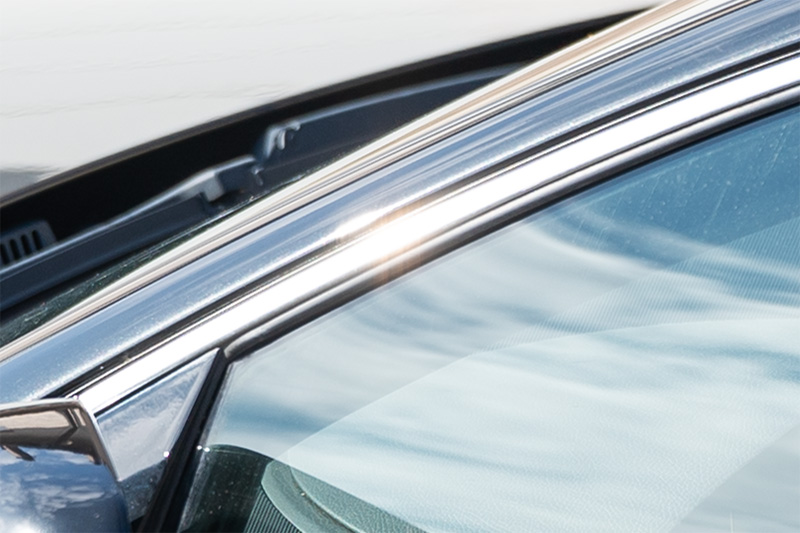
That being said, also many of the other fast 135mm do really well here and show a similar performance, e.g. the old manual focus Samyang 135mm 2.0, the Zeiss 135mm 2.0 Apo-Sonnar and also the Sony FE 135mm 1.8 GM.
Conclusion
good
|
average
|
not good
|
From the table above you can already easily see that we are dealing with a very good, well corrected modern AF lens here. Sharpness is good to very good under pretty much all circumstances, bokeh is nice with low optical vignetting, the correction of longitudinal CA is on Apo level and even flare resistance is surprisingly good for a fast tele lens. I also did not come across any outstanding flaw that would spoil the whole picture.
If Viltrox had asked me, what kind of a portrait lens to design, I would have not recommended going for fast 135mm lens. Why is that? Beause the competition (see next section) is extremely strong.
In the E-mount world for a little more money you can get a used copy of the Sony FE 135mm 1.8 GM, which performs better in several categories and offers outstanding AF. Then there is also the Samyang AF 135mm 1.8 FE. Its performance is pretty much on par with this Viltrox lens, yet it is way lighter.
At the end of the day, this Viltrox 135mm 1.8 LAB is a very good lens, but some of the competitors are even better. So I think it would have been a smarter move to design a true mirrorless 105mm 1.4 which isn’t as huge as the Sigma 105mm 1.4 Art or a 85mm 1.2 with AF which we also don’t have in the E-mount world yet.
buy from manufacturer’s shop | Pergear | Amazon.com | Amazon.de | ebay.com | ebay.de | B&H (affiliate links) for $899
Alternatives
All the modern 135mm 1.8 lenses are great, there is simply no dud among them. And even the last generation 135mm 2.0 lenses are great, you cannot really go wrong with any of these.
Nikon Z 135mm 1.8 S Plena:
Nikon came up with a name for this Z-mount lens, which they rarely do, and therefore means there must be something special about it and in this case it is the very low amount of optical vignetting. If that alone is worth the steep asking price is a very personal question though.
buy from amazon.com | amazon.de | ebay.com | ebay.de | B&H (affiliate links) for $2497
Sony FE 135mm 1.8 GM:
Sony’s own 135mm 1.8 is a nearly flawless lens. Sharpness and AF are top level and the bokeh actually looks a bit nicer to me compared to this Viltrox lens. You may find a used copy for not much more than the asking price of this Viltrox lens.
buy from amazon.com | amazon.de | ebay.com | ebay.de | B&H (affiliate links) for $1599
Samyang 135mm 1.8 AF:
This is by far the lightest of the 135mm 1.8 mirrorless designs and also the cheapest. The performance is pretty much on par with this Viltrox lens, so the Samyang being cheaper and a lot lighter, I think it will be the smarter choice for many.
buy from amazon.com | amazon.de | ebay.com | ebay.de | B&H (affiliate links) for $799
Sigma 135mm 1.8 Art:
Sigma’s 135mm 1.8 is a lens still designed for DSLRs which makes it unnecessarily heavy and big compared to the aforementioned lenses. It is roughly the same size and weight as this Viltrox lens though. I would only consider it if I was still using DSLRs.
buy from amazon.com | amazon.de | ebay.com | ebay.de (affiliate links) starting at $800 (used)
Sample Images









You can find many of the sample images in full resolution here.
Further Reading
- Guide to 85-135mm Portrait lenses
- Review: Zhong Yi 135mm 1.4 Mitakon
- Review: Viltrox 75mm 1.2 AF E Pro (APS-C)
- Bokeh explained
- Reviewing Lenses isn’t really worth it
Support Us
Did you find this article useful or just liked reading it? Treat us to a coffee!
![]()
![]()
![]() via Paypal
via Paypal
This site contains affiliate links. If you make a purchase using any of the links marked as affiliate links, I may receive a small commission at no additional cost to you. This helps support the creation of future content.
Latest posts by BastianK (see all)
- Review: SLRmagic 50mm 0.95 Hyperprime LM - July 5, 2025
- Full Resolution Pictures getting fixed - July 4, 2025
- Analogue Adventures Part 42: A wedding with Eastman Double-X 200 - July 2, 2025


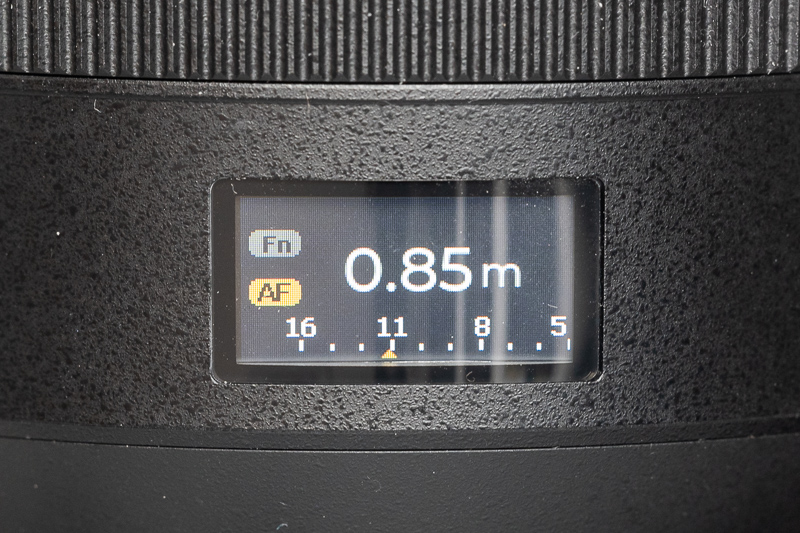






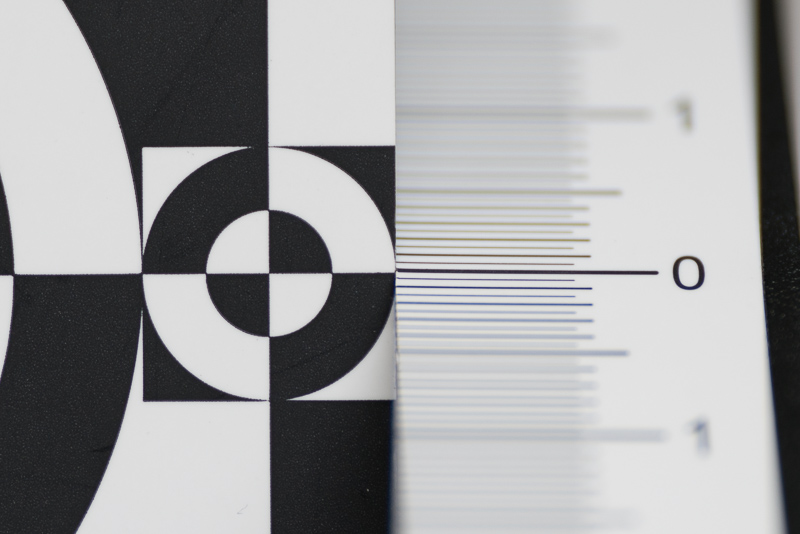
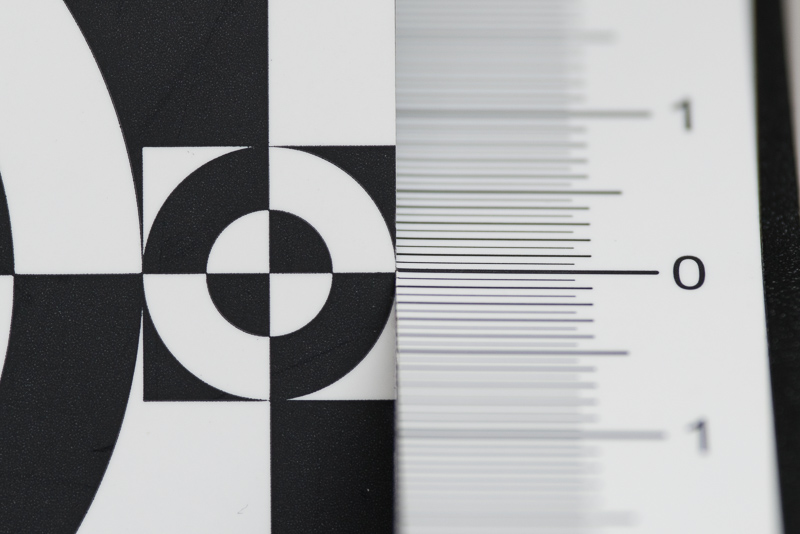
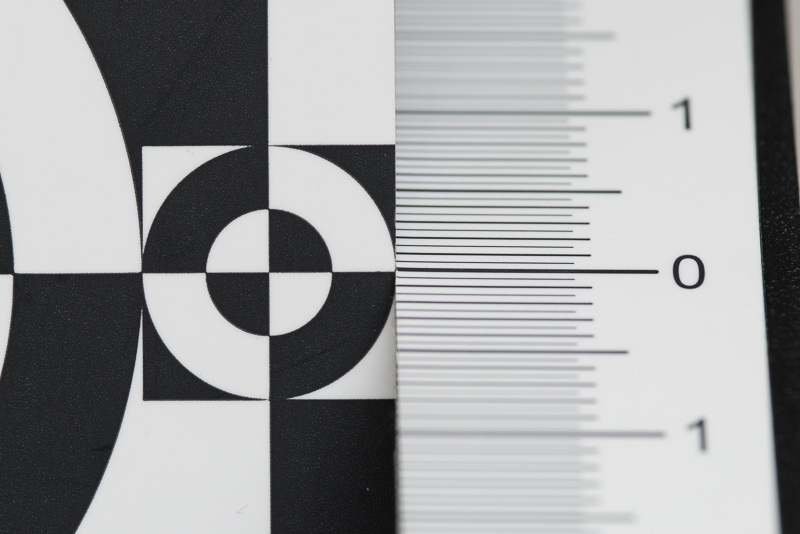






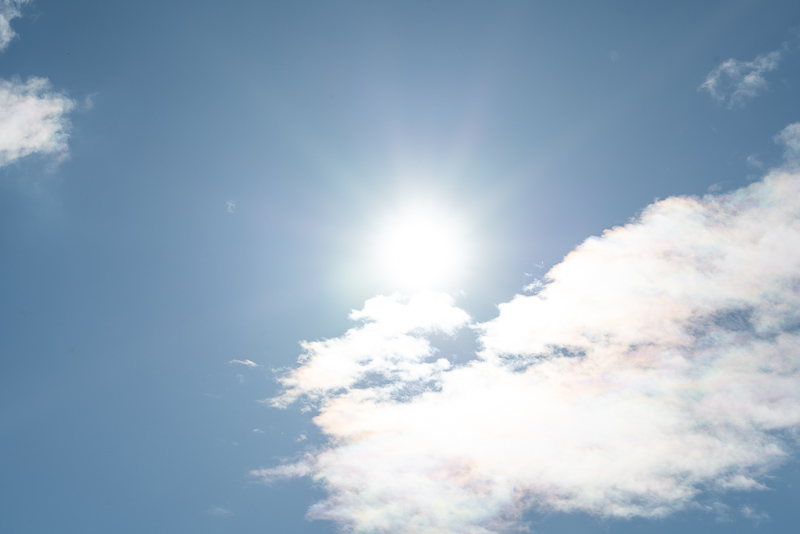

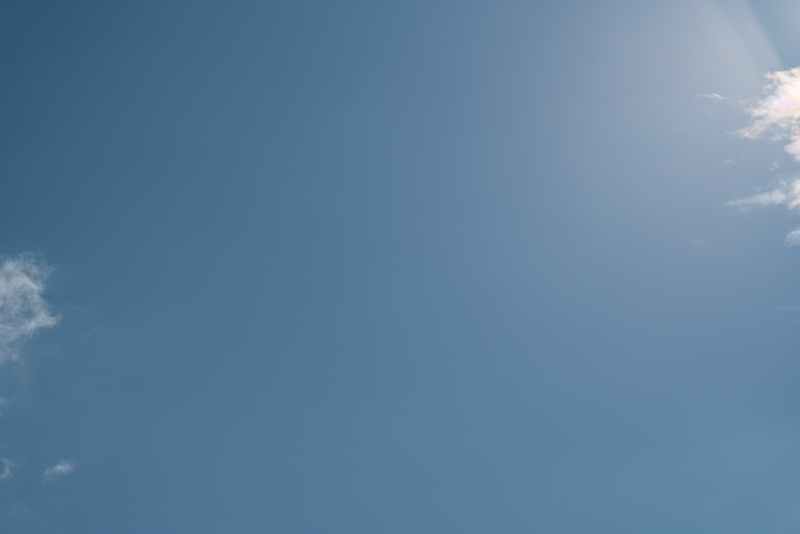

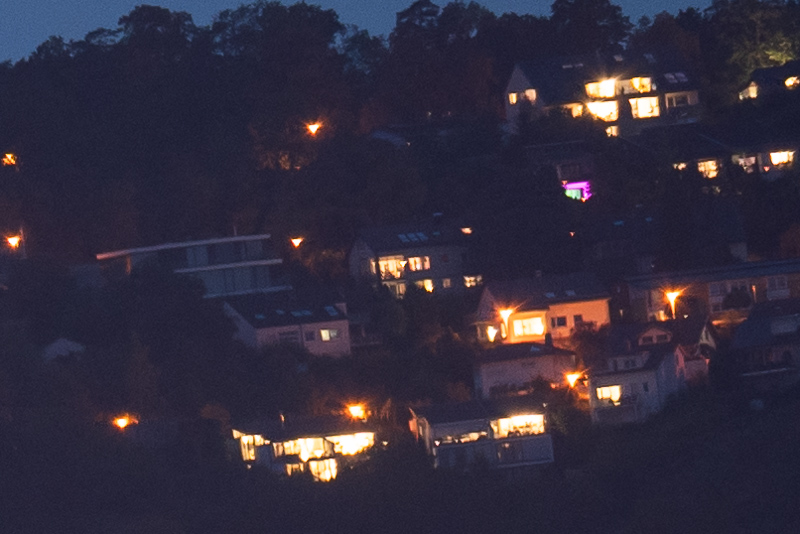
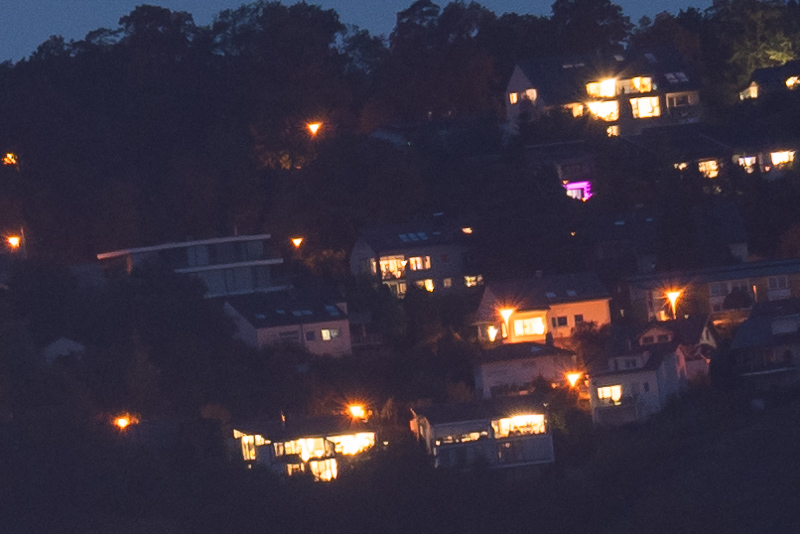
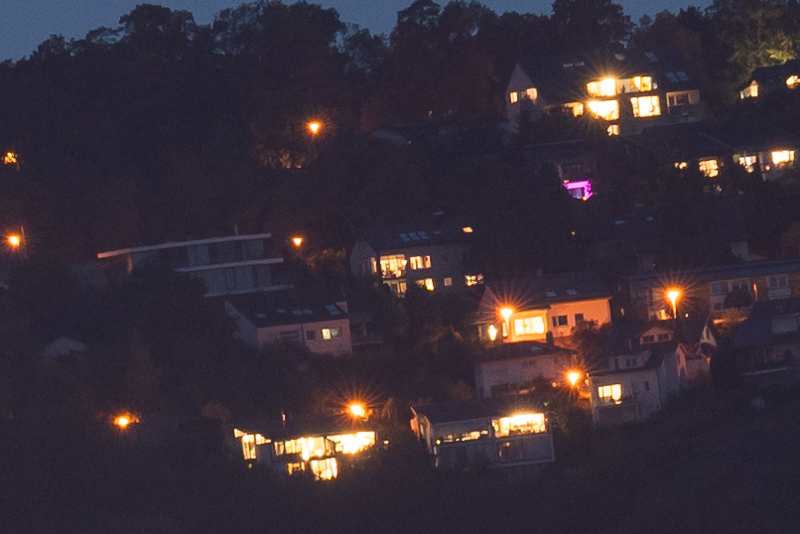



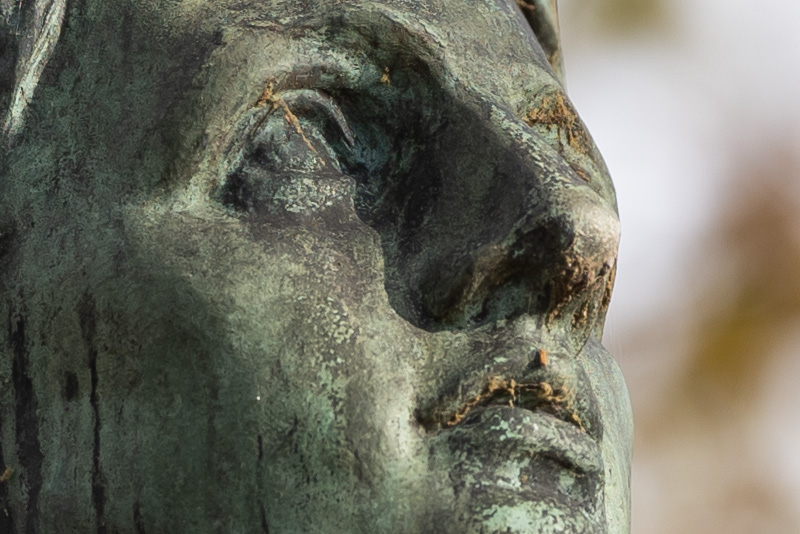
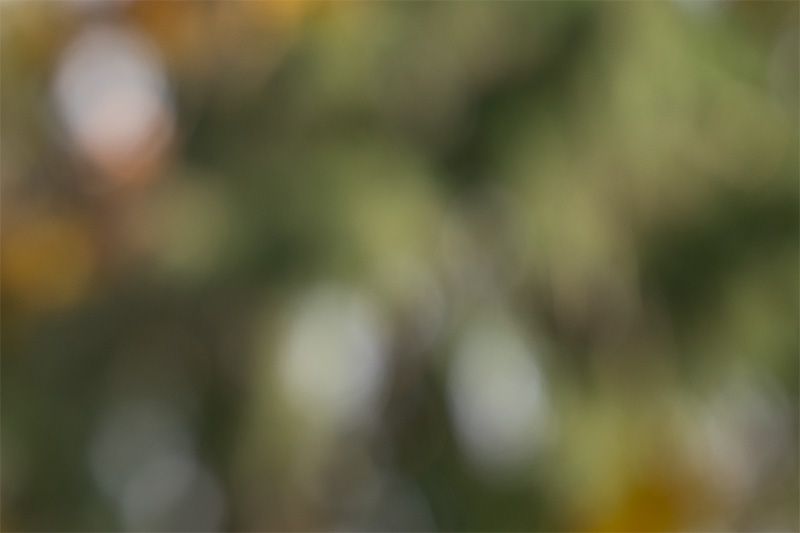
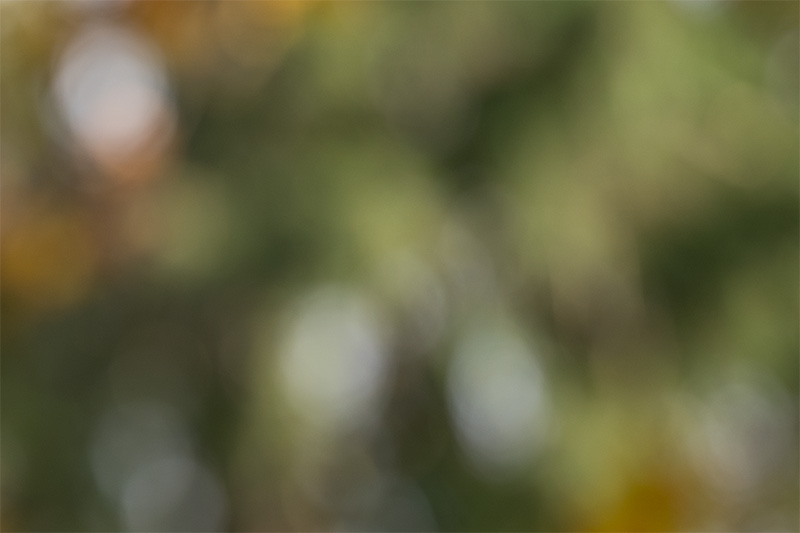



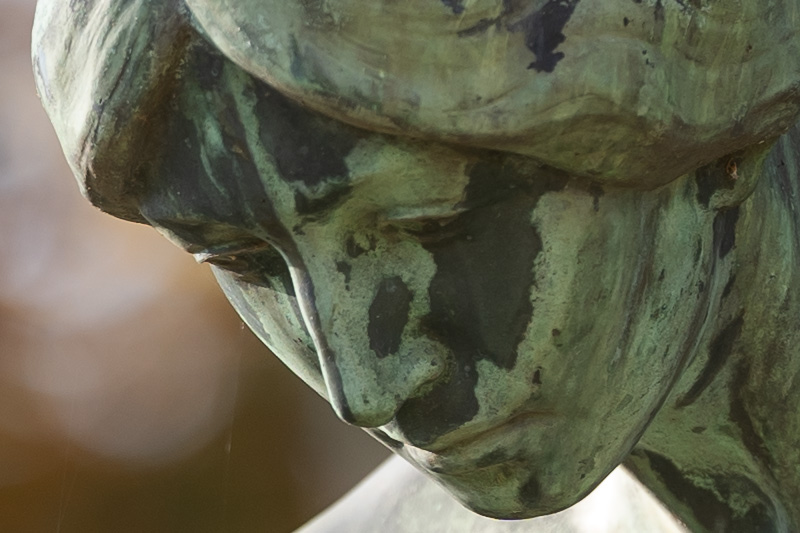
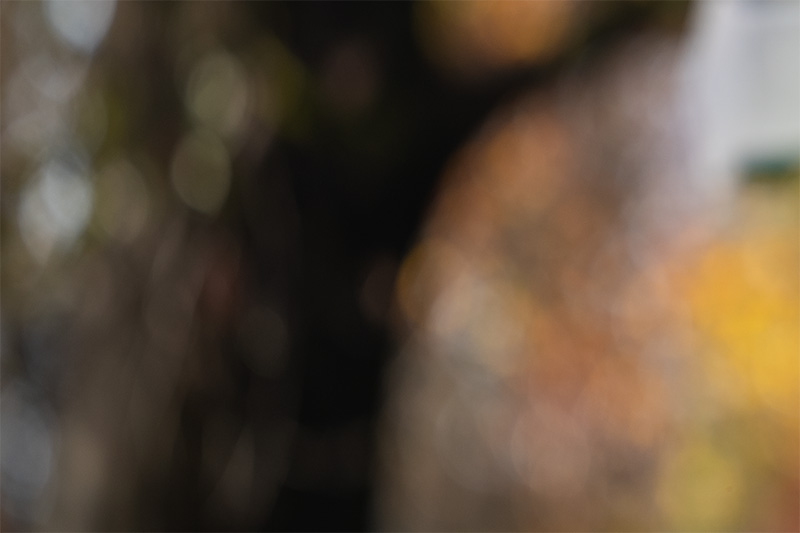
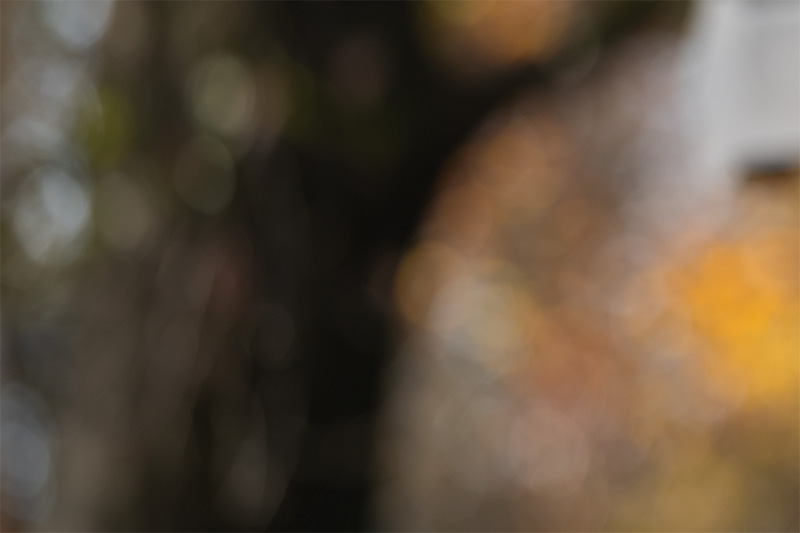
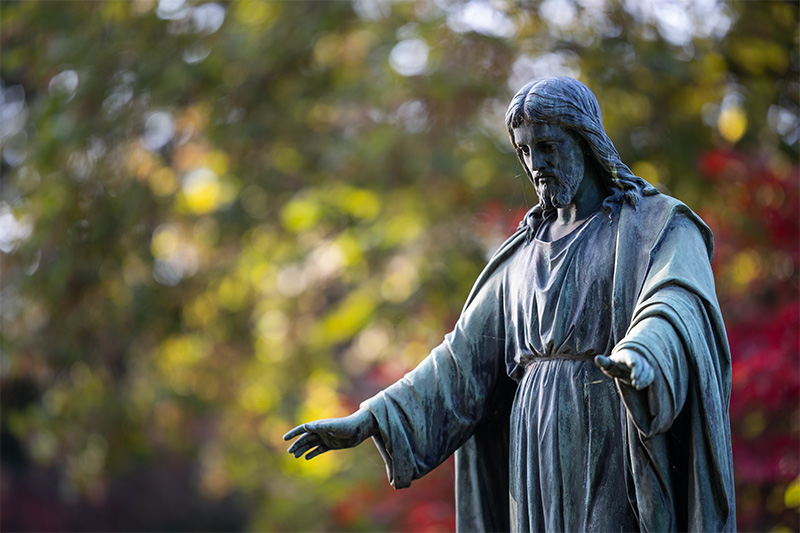
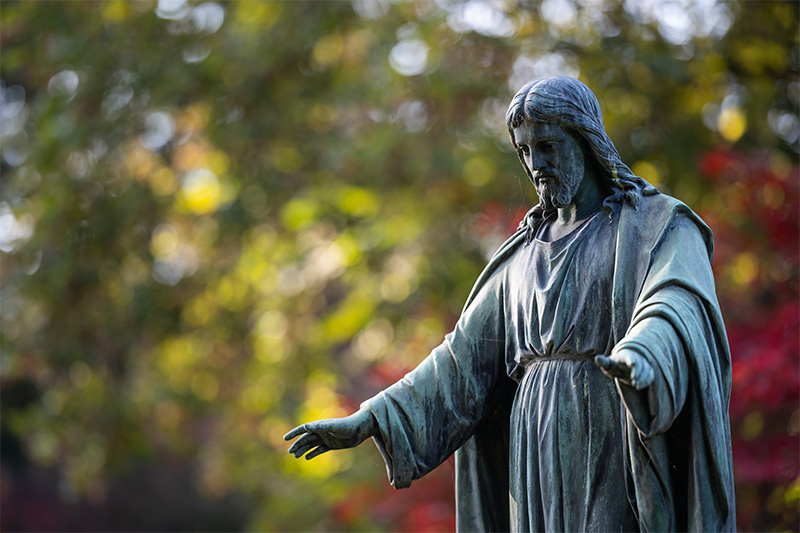
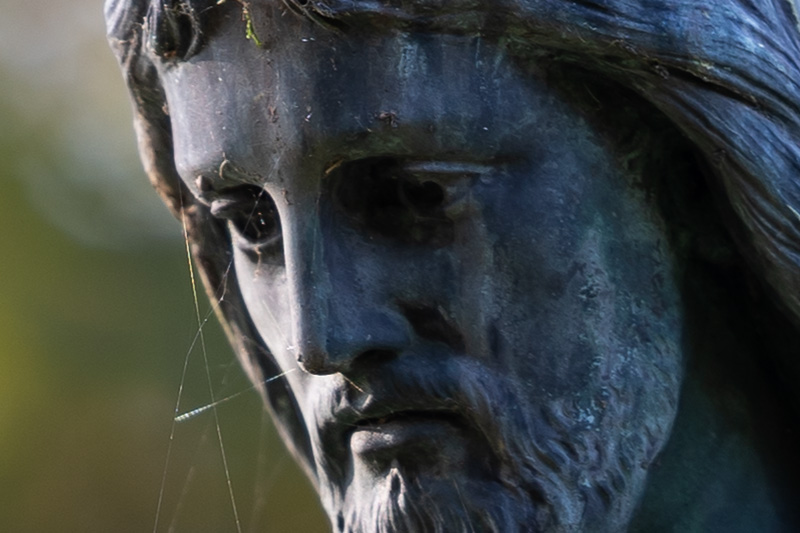
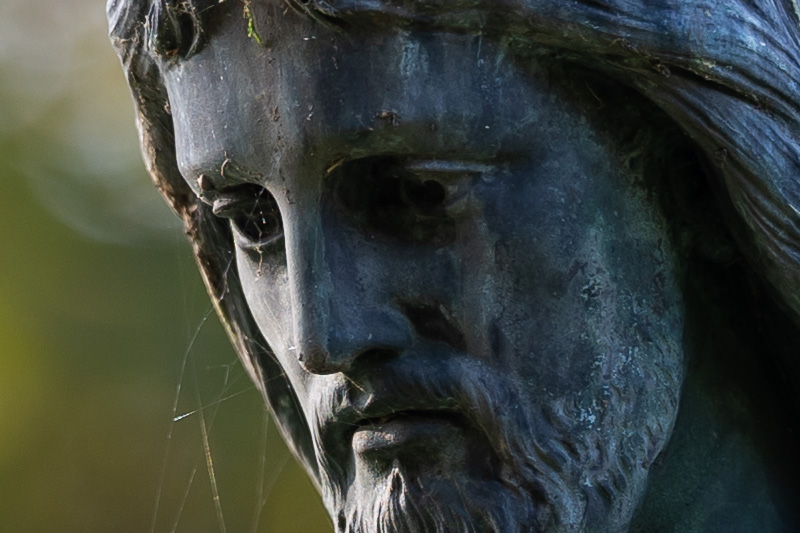
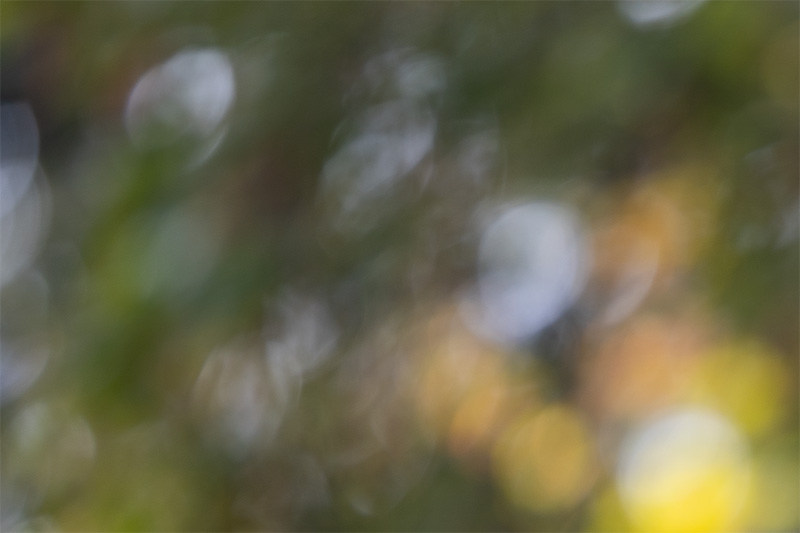
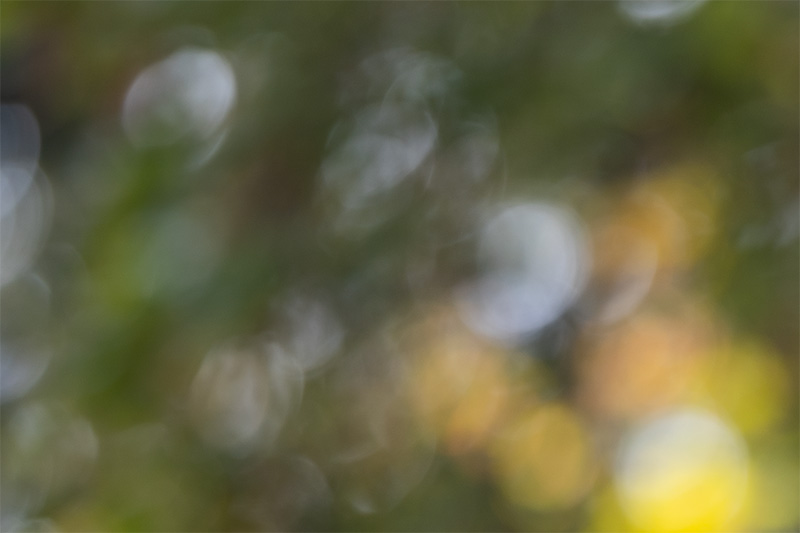
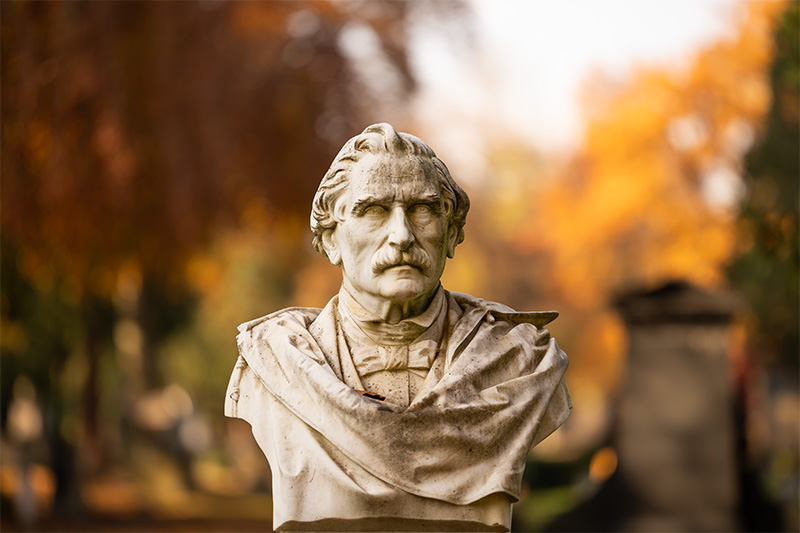
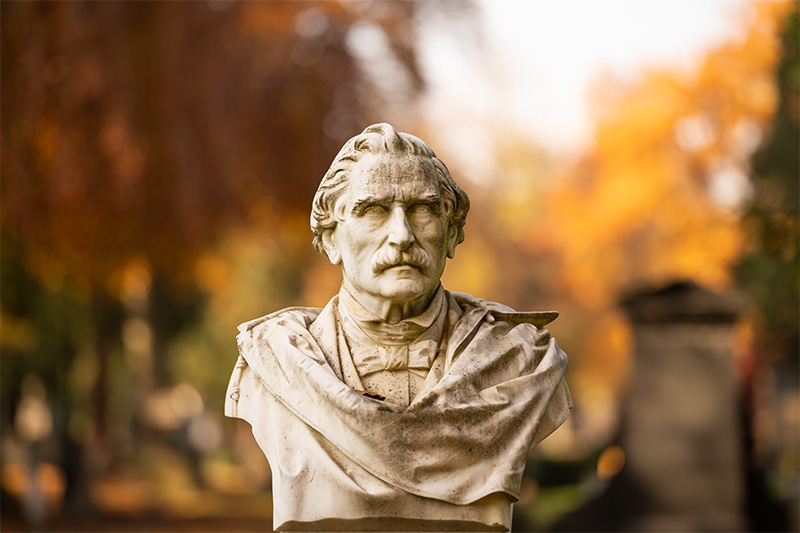
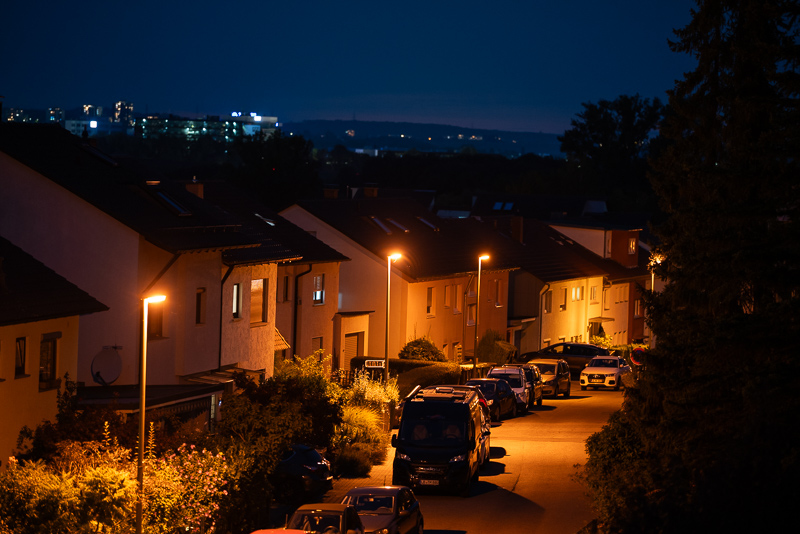
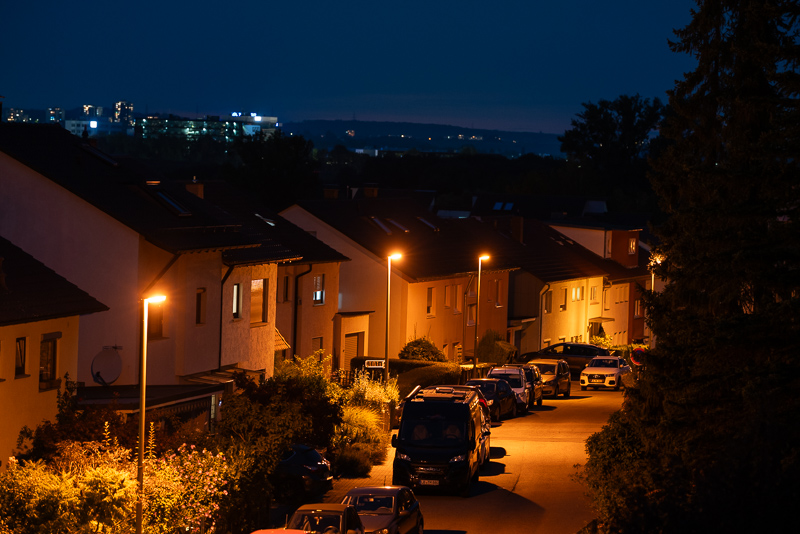

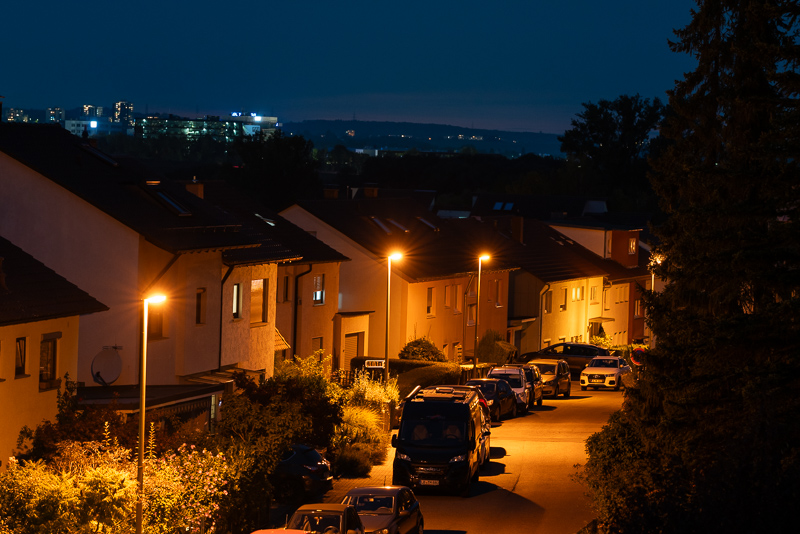
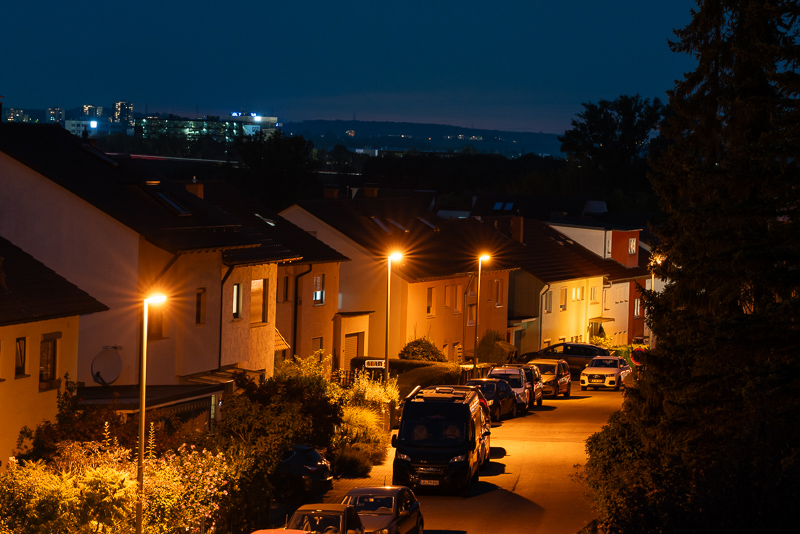
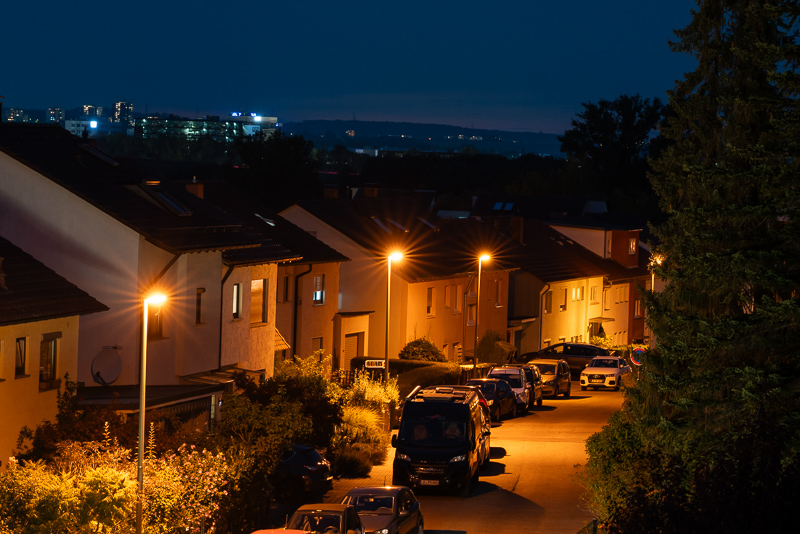
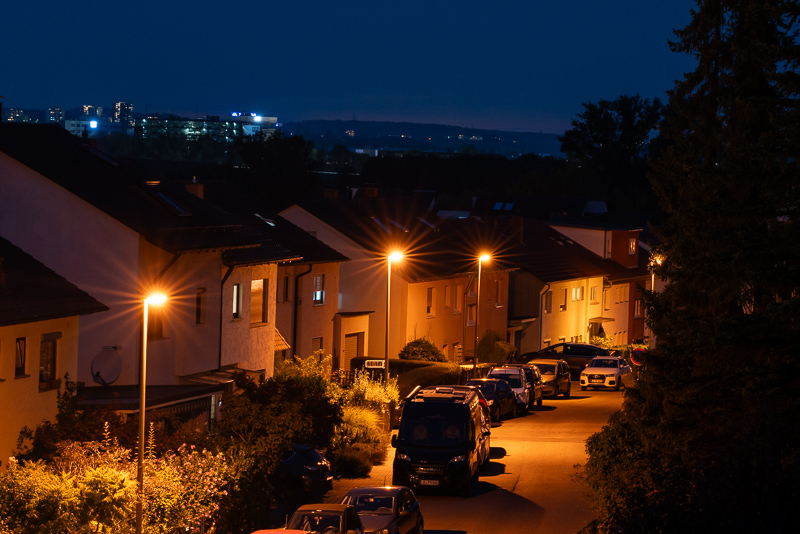
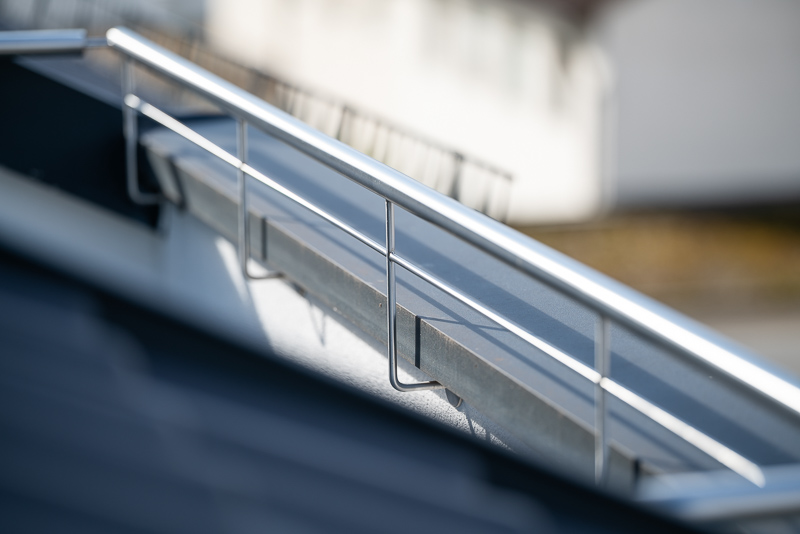
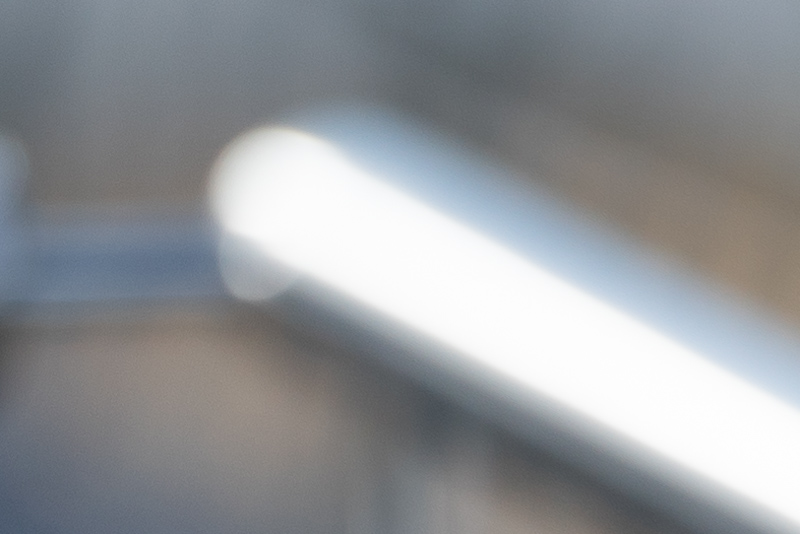
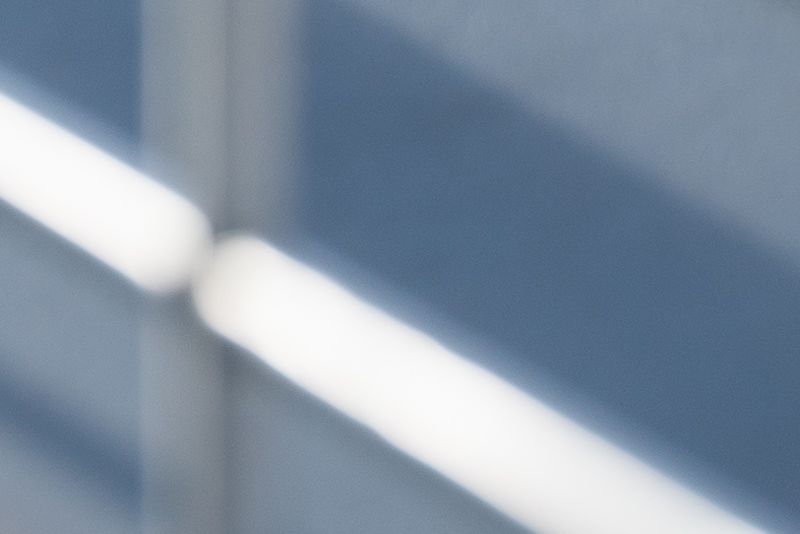
Now I’m really curious about this lens compared to Samyang 135mm 1.8 Af.
The Samyang approached levels of Voigtlander APO lanthar macro levels of LOCA correction (but never got there when pushed to extremes) when I pushed it. I thought it was perfect until I compared to Voigtlander 110mm 🙂
For me, more than sharpness, the character of the bokeh and LOCA are more important in such instruments. All modern 135mm lenses are sharp enough. They can be useful for interesting street photography as well if they can focus quick enough.
In the end though, with the weight of this Viltrox, my curiosity is just that; a curiosity and not really a desire to haul 1200 grams around
I see this as an informative peek into the rest of the LAB line, with optical quality being a priority while still maintaining a competitive price tag and perhaps making sacrifices in some areas, in this case the weight/size. Viltrox has stepped up their games in recent years, and this site’s review of the Viltrox 16mm made me buy my first (and still only) new lens because of the excellent price/performance.
I look forward to their 35mm f1.2, 50mm f1.2, and especially the 85m f1.2.
For the size and weight itself, I would not buy into it…
Technically (very) good lens. Yet I’d choose almost any alternative instead (by that I mean any relatively fast short telephoto), based on the samples that show bokeh. I “like” it the same way I liked the Nikkor 50mm F1.2 reviewed by Martin.
This kind of bokeh can’t be called busy, but with its high contrast and well-defined structures it hurts my eyes in a similar way; depending on the scene.
This is a subjective opinion and nothing more, but I don’t imagine I’d buy a very fast lens purely for almost perfect sharpness and aberration control. And since I wouldn’t shoot landscape or architecture with this… I’m sure Viltrox will use this lens to promote their newfound capabilities though.
That being said, another great review Bastian, thanks! Only with your reviews I get the feel for a lens similar to actually trying it myself.
Glad to hear that!
odd that you say the Sigma 135mm f1.8 Art lens is heavier since its designed for DSLRs. However, you can buy the Sigma 135mm f1.8 Art lens in Sony FE mount and its actually smaller and lighter than this lens.
The downside is cost as new Sigma lenses are $1400. but the optics are amazing and used ones can be purchased for less than this lens.
Agreed, the Sigma Art 135 is a particularly direct competitor to this lens. I suspect the Sigma would come off better than this new one, on the whole, in a direct comparison – awaiting further evidence, in the niche role of astrophotography I would trust the Sigma more… that edge-of-frame performance on the Viltrox doesn’t seem so strong to me. But I would be glad to be shown to be mistaken.
In any case… regarding any downside to the Sigma lens that I’m aware of… this new lens is guilty of the same, isn’t it? So it feels unfair to be dismissive of the Sigma.
Maybe the autofocus might be a bit better than the Sigma? Quieter, for sure. Can’t think of much else
Any plan on reviewing Laowa 15mm F5 pancake? Thanks
Yes.
Once again a beautiful optic. But such a monster! It’s a brutal No Go. I know fast 135mm have never been small or light but I expect a ML lens to be smaller than a DSLR one, not bigger.
Chinese manufacturers are doing wonder with MF lens, and some AF one, but here there is room for improvement.
I own the Sony GM and the Samyang. The Samyang is so good and so close I rarely take out the Sony due to the weight. Only if I want to shoot video (focus stability) or want perfect colours. The Viltrox at this size and weight is a definite no from me on Sony (A1). It’s nearly double the weight of the Samyang! Also I dropped the Sanyang and it’s still going strong, whereas the Sony GM fell apart when it’s never been knocked even slightly.
For Nikon mirrorless cameras that are already heavy AF the Viltrox is a real kick in the teeth!
Yeah, it won’t look good in your Entrance Pupil/Weight graphs 🙂
Oh no, another Laowa lens without EXIF. I guess I need to buy the E mount version and use it on the Nikon via the Neewer to get EXIF info.
Hello Sebastian,
many thanks for your tough work!
If possible the Samyang AF Remaster Slim Modular Lens Kit For Sony FE would be an interesting kit 🙂
All the best
J
Some of my readers bought it and have reported about a lot of sample variation. Not sure yet I want to get into that at the moment.
The Viltrox is better thant the Samyang on nearly every level – according to Dustin Abbott’s review.
But I bought the Samyang as this is with 772g the lightest 135 1.8 AF you can get for E-Mount. Yes, it is not as good as the Viltrox in terms of optical quality and AF performance. But it is good enough and better to carry around.
1234g is simply too heavy for my taste. I would think twice to put it in my photobag for a photo-tour.
Can’t say I saw the same in my tests, review of the Samyang 135mm 1.8 will be published soon 🙂
Weight?..seriously do some exercising.
Too man things left out about this lens and what I would consider a below par review. The lens groups are floating much like the top of the line Sony lenses, it is seriously weather resistant on par with the best weather resistant Pentax lenses, the auto focus is very fast on the newer A7’s with in body stabilization and those floating lens groups. The Sigma often specified but not compared to falls well short of this Viltrox lens. For the price of $899 and a lens that can compete the the Sony G Master lenses, this lens is a no Brainer.
This must be a paid comment.
Show me any 135mm lens since the Canon 135m 2.0L some 30 years ago that does not feature a floating elements design 🙄
And weather sealing in lenses is nothing but a marketing gag. Did Viltrox give it an IP standard? Do they take responsibility if it gets damaged because it was wet? I don’t think so.